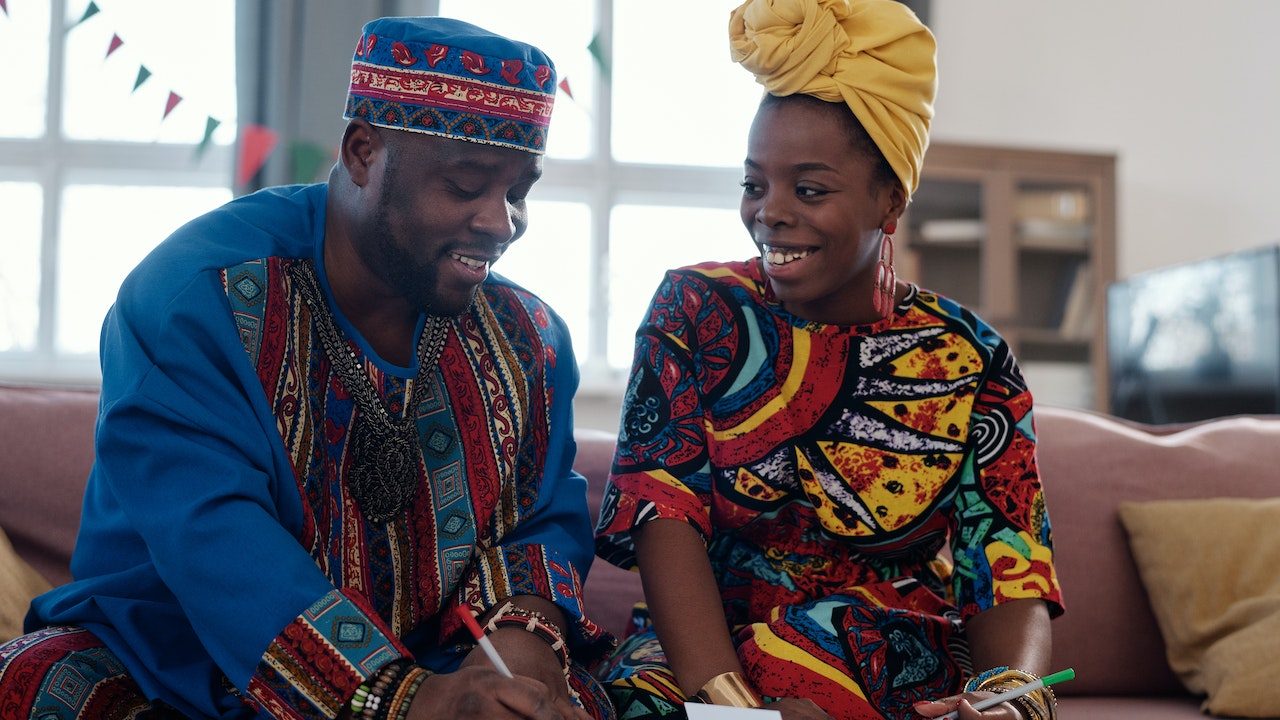About Equatorial Guinea
The Republic of Equatorial Guinea is located in middle Africa and has an area of 28,000 sq. km. It is one of Africa’s smallest countries. While it is one of the most prosperous, wealth is concentrated in the government and elite. 70 percent of the population lives under the poverty threshold. Its population is 1,345,873 and includes the main Continental Region and the small offshore islands. The capital Malabo, is on Bioko Island.
The southernmost island is Annobon, sitting just south of the equator. The northernmost point is Bioko Island. The mainland is between the two islands and to the east and the Gulf of Guinea is to the west. It was formerly the Spanish colony known as Spanish Guinea. It is one of Africa’s few territories with Spanish as an official language.
The country is continental Africa’s third smallest in population. Recently, oil reserves were discovered and have altered the country economically and politically. Its GDP is 31st in the world, but only a few people benefit from the country’s oil wealth.
In the Human Development Index, Equatorial Guinea ranks 9th out of 44 sub-Saharan countries and 115th overall.
The country is working on validation to comply with the Extractive Industries Transparency Initiative (EITI). Equatorial Guinea is one of 30 candidate countries and earned this status on February 22, 2008. It held its 7th EITO commission meeting in 2010 and took additional steps to implement the process.

